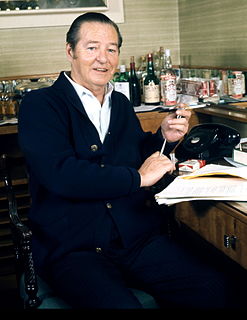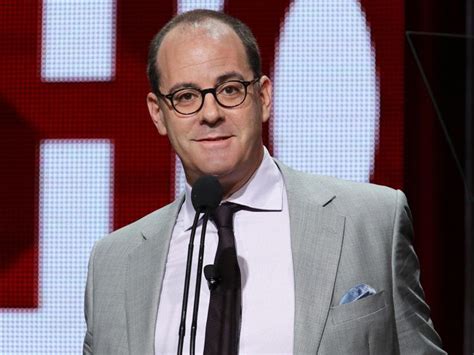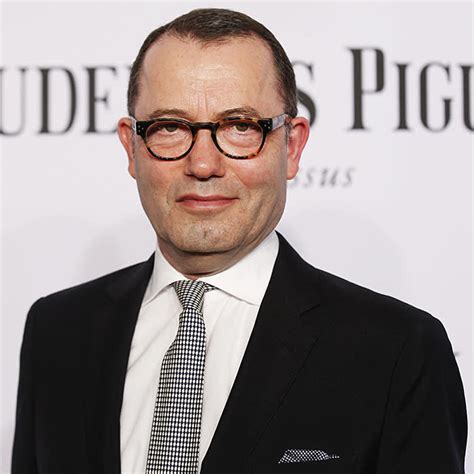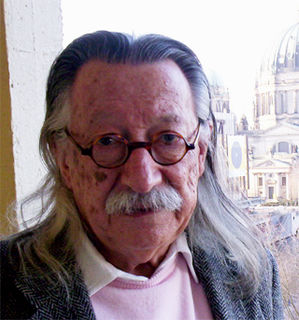A Quote by C. S. Lewis
We are not the playwright, we are not the producer, we are not even the audience. We are on the stage.
Quote Topics
Related Quotes
A playwright, especially a playwright whose work deals very directly with an audience, perhaps he should pay some attention to the nature of the audience response - not necessarily to learn anything about his craft, but as often as not merely to find out about the temper of the time, what is being tolerated, what is being permitted.
Normally classical music is set up so you have professionals on a stage and a bunch of audience - it's us versus them. You spend your entire time as an audience member looking at the back of the conductor so you're already aware of a certain kind of hierarchy when you are there: there are people who can do it, who are on stage, and you aren't on stage so you can't do it. There's also a conductor who is telling the people who are onstage exactly what to do and when to do it and so you know that person is more important than the people on stage.
You see, what is my purpose of performance artist is to stage certain difficulties and stage the fear the primordial fear of pain, of dying, all of which we have in our lives, and then stage them in front of audience and go through them and tell the audience, I'm your mirror; if I can do this in my life, you can do it in yours.
You see, what is my purpose of performance artist is to stage certain difficulties and stage the fear the primordial fear of pain, of dying, all of which we have in our lives, and then stage them in front of audience and go through them and tell the audience, 'I'm your mirror; if I can do this in my life, you can do it in yours.'
I've had a long association with the theater over the years but I had never produced a play and it was something that I'd always wanted to do.The movies moved away from dramas, and I think that I'm very excited by the opportunity to take smart writing that takes risks and see it on stage. It's exciting to see that engagement between the audience and the playwright.


































